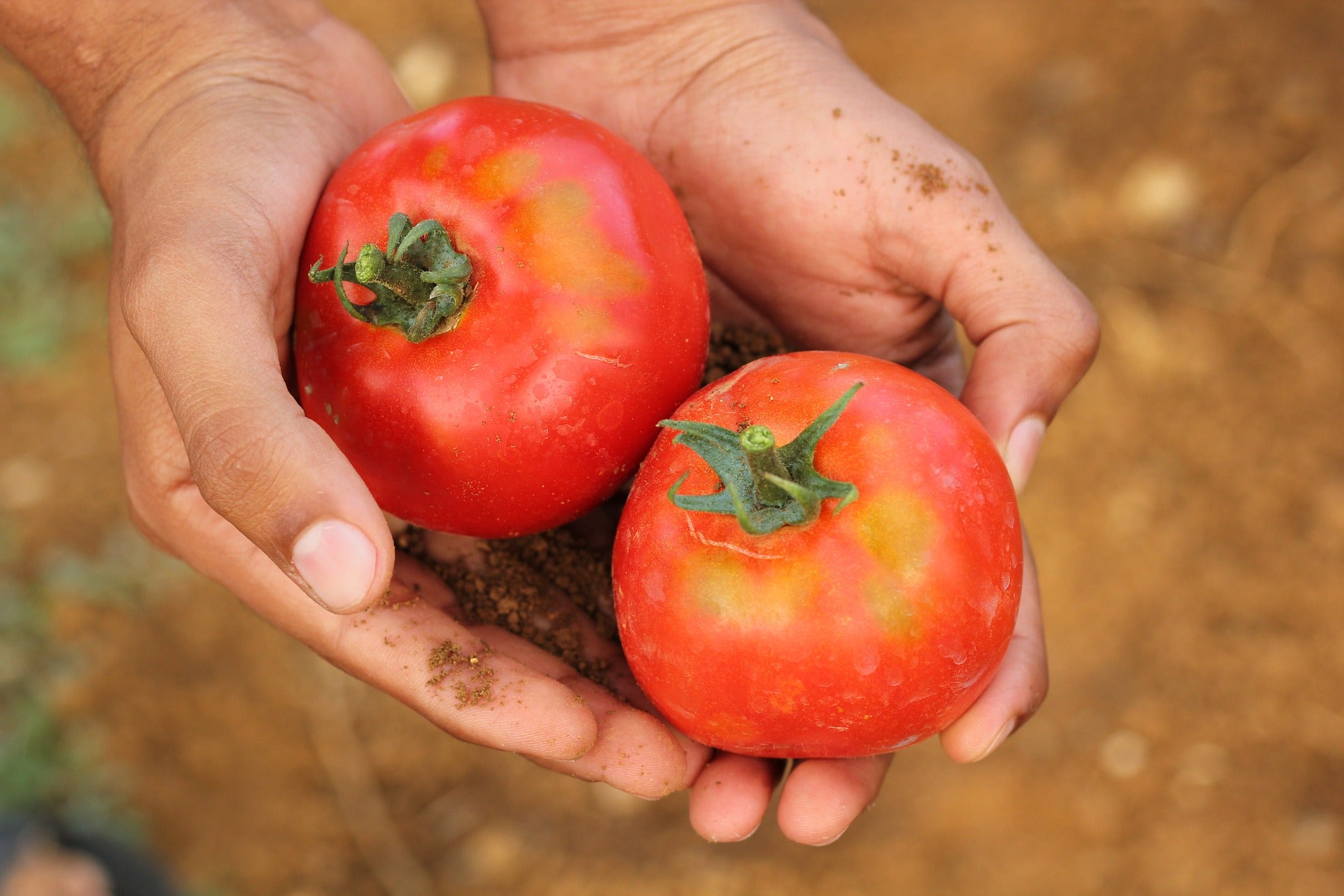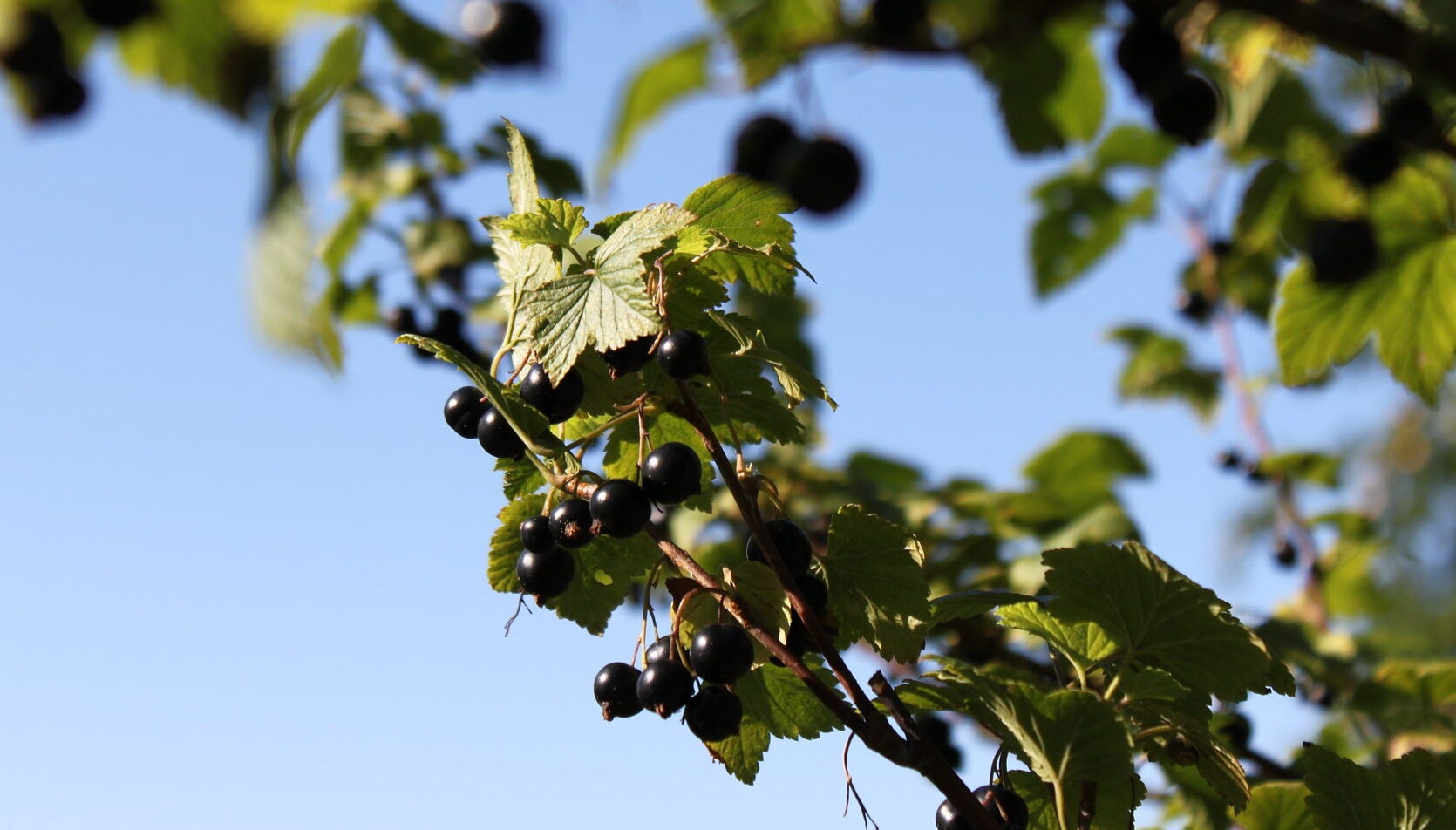We can learn a few things about getting the most from our gardens from commercial growers. Our guest has 20 years of growing experience and will have tips you can use in your organic vegetable garden.
Featured in this Show
-
Organic Vegetable Tips For The Home Gardener
Growing your own organic vegetables doesn’t have to be intimidating, says Claire Strader, a small-scale and organic produce educator with the University of Wisconsin-Extension and the FairShare CSA Coalition.
It’s no secret that commercial growers can do things backyard gardens don’t have the capacity or resources to do, but many of their techniques are translatable, she said.
Whether you’re a beginner or seasoned organic farmer, Strader has practical tips to grow your garden.
How do you make a garden organic?
Organic certification requires soil to be free of any prohibitive products or chemicals for three years, but as a home gardener you can view that standard as a guideline, rather than rule, Strader said.

Marigolds. Gabrielle Ludlow (CC BY-NC-ND 2.0)However, consider cover crops in the meantime. They can add to soil fertility, improve soil structure, attract beneficial insects, and kill weeds.
“The types of cover crops you’ll use are dependent on not only the season … but will also depend on what your goals are in that garden,” she said.
If you’re simply aiming to prime your garden for being organic, clover is a good option because of its low maintenance — all that’s required is regular mowing. But if you want to be more actively engaged, or have weed issues, Strader recommends a cover crop like sorghum sudangrass, “a very tall, aggressive, corn-like plant that does a lot to smother out weeds in that vicinity.”
What are companion planting methods?
“At the garden scale, having some marigolds in and about the garden is a good idea,” Strader said. Marigolds can repel harmful bugs like beetles and keep nearby plants healthy.
Another helpful plant is umbels, an aromatic flowering plant in the same family as celery and carrots. Umbels are effective because they attract Trichogramma wasps with their nectar. Trichogramma wasps feed on the tomato hornworms that are a particular problem for tomato growers because they feed on the fruit’s leaves.

Tom Britt (CC BY-NC-ND 2.0)How do you grow organic vegetables in containers?
“Growing something in a container, whether organically or conventionally, is always more difficult in some ways than growing it directly in the soil,” Strader said.
A large part of that is because the roots are naturally bounded by the boundaries of the container, whereas in soil they have the freedom to spread out and get access to the things they need to grow.
Strader suggests finding the biggest container you can manage — a 5 gallon bucket will do — or a straw bale for best results. Then, make sure the soil includes a good portion of compost for long-term fertility, and consider adding more organic fertility such as fish emulsion or kelp and seaweed.
How do you loosen up compacted soil?
“Cover crops are one of the first places I would go to loosen soil,” she said. Cover crops’ deep root systems break up the layers of soil and prevent compaction — as well as nourish the soil.
Excessive tilling can also lead to compacted soil because it creates a light, fluffy top layer of soil, but dense layer beneath that roots can’t penetrate.
“Often people will use a rototiller to prepare the garden in the spring, and that can do some real damage to that soil and also to the critters that live in that soil,” Strader said. “Think about giving up rototilling … and using permanent beds and paths, and mulches to keep your soil in good shape.”
Episode Credits
- Larry Meiller Host
- Jill Nadeau Producer
- Claire Strader Guest
Wisconsin Public Radio, © Copyright 2026, Board of Regents of the University of Wisconsin System and Wisconsin Educational Communications Board.

